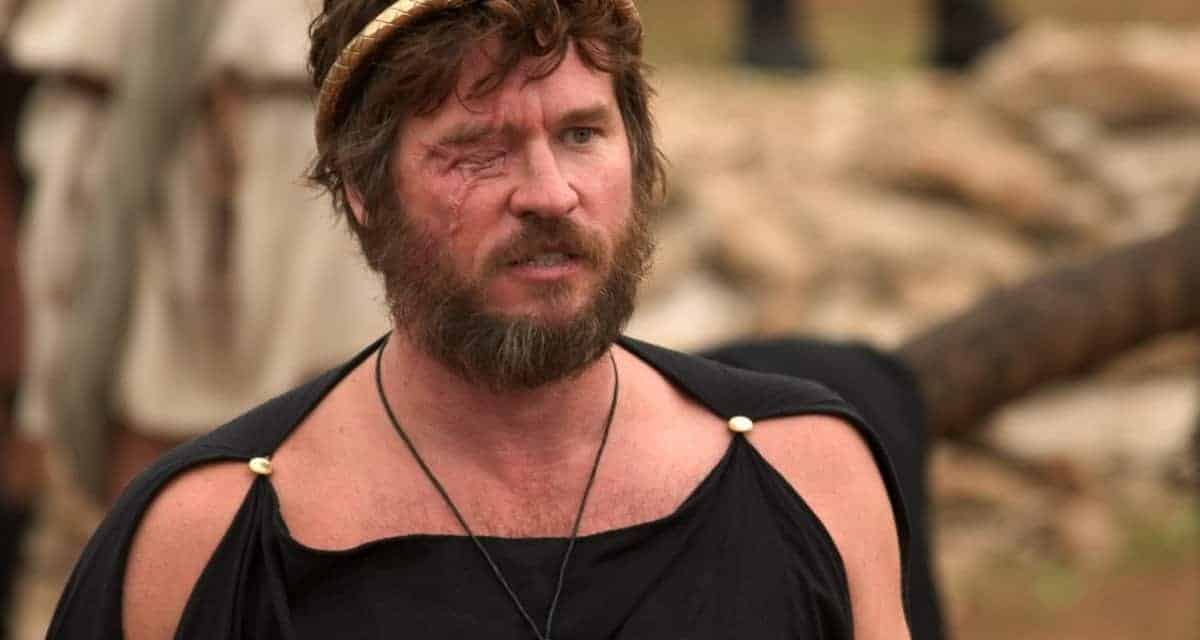Philip II of Macedon was born in Pella, Macedon in 382 BC and was the third son of King Amyntas III. He was held captive in Thebes as a teenager and it was here where he learned his remarkable military and diplomatic skills. Five years after his return to Macedon, Philip became regent for King Amyntas IV but he was able to secure the crown for himself within a few months. Over the next 23 years, Philip enjoyed some incredible victories and a handful of defeats as he expanded his kingdom.
During that period, Philip transformed Macedon from a struggling state with a weak military into one of the strongest kingdoms in Europe. He had planned to expand into Persia by the time of his death in 336 BC but his son, Alexander the Great, took up the mantle and produced the single greatest set of conquests the world had yet seen. However, his father deserves an immense amount of credit for setting the platform and several historians believe Philip was an even greater commander than Alexander. In this piece, I look at 10 fascinating facts about this legendary king.

1 – He Was an Exceptional General
A few historians, notably Richard A. Gabriel, assert that Philip was a better military leader than Alexander. While Alexander conquered more territories than anyone in human history up until that point, he inherited an exceptional army that had been created by his father. Although it took Philip a few decades, he did something that the Athenian, Peloponnesian, and Persian Empires couldn’t do at their respective peaks, he tamed Greece. He transformed a rabble of herders and peasant farmers into one of the greatest armies in ancient times.
Even more impressively perhaps, Philip revolutionized warfare by improving the phalanx which ultimately served Alexander so well, mixing cavalry and light infantry, and providing his men with incentives. He was also one of the first commanders to stay away from the thick of the battle in order to analyze it from afar. One of the best examples of this successful system in action came at the Battle of Chaeronea. By revolutionizing logistics, Philip was able to campaign for several years instead of weeks or months at a time. One of his best innovations involved replacing oxen with horses which traveled triple the distance and twice as fast on less food.
Philip was also one of the first commanders to understand the importance of developing a bond with the men he led. Rather than distance himself from rank and file troops, Philip ate the same food, wore the same clothes, and suffered the same hardships. He refused to wear the insignia of rank and in the early years of his command, Philip led from the front. During his career, the king was wounded at least five times in battle and eventually learned that surveying the action from a distance gave his men the best chance of victory and survival.
Unlike his son, Philip did not have an unblemished battlefield record. However, he had an extremely high win rate and successfully besieged Methone, dismantled the Thessalians at the Battle of Crocus Field, and completed the siege of Olynthus in 348 BC. His masterpiece came at the Battle of Chaeronea in 338 BC where he defeated a combination of Athenians and Thebans. It is clear that Philip laid the foundations from which Alexander rose and created one of the greatest fighting machines the world has ever witnessed.
Philip treated his soldiers extremely well by the standards of the era. As well as living amongst them, he ensured they were well paid and fed while protecting them as much as possible. In the king’s eyes, a soldier’s ranking was best determined by his efforts in the army rather than his ‘status’. No matter who you were, if you showed bravery in battle, you had an excellent chance of promotion. Philip even saw to it that veterans retained the right to vote in the assembly and also received land. Unlike other generals who saw their men as expendable, Philip always attempted to create strategies that reduced the risks to his army.

